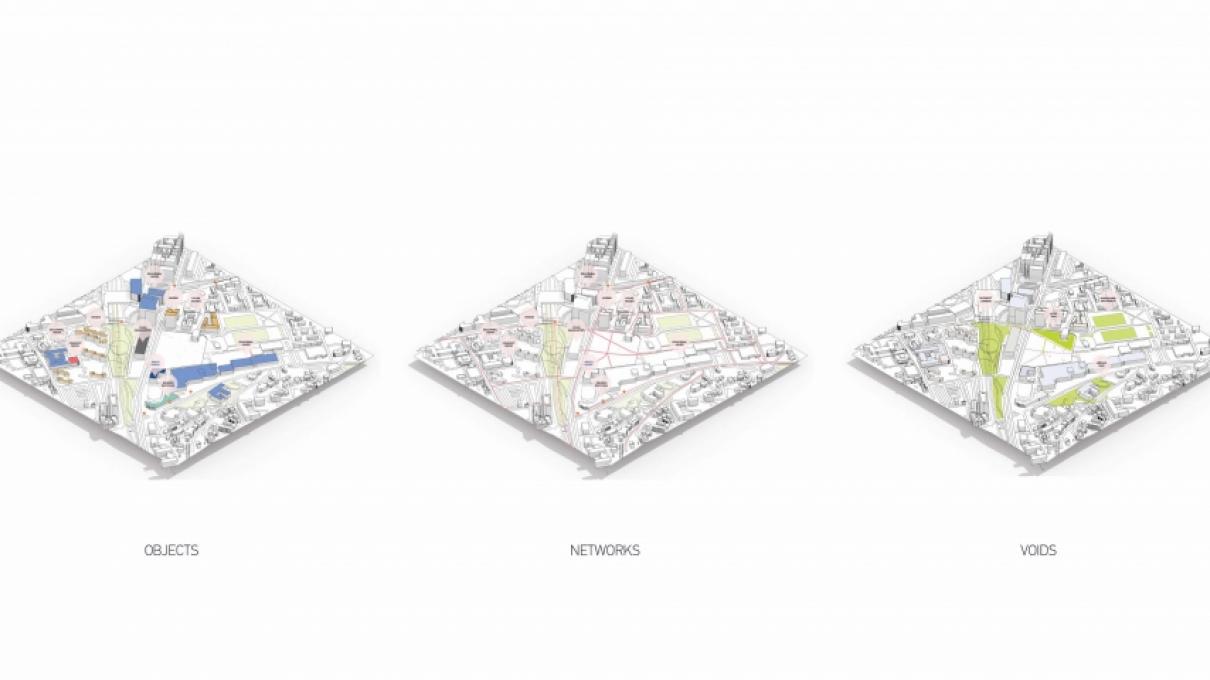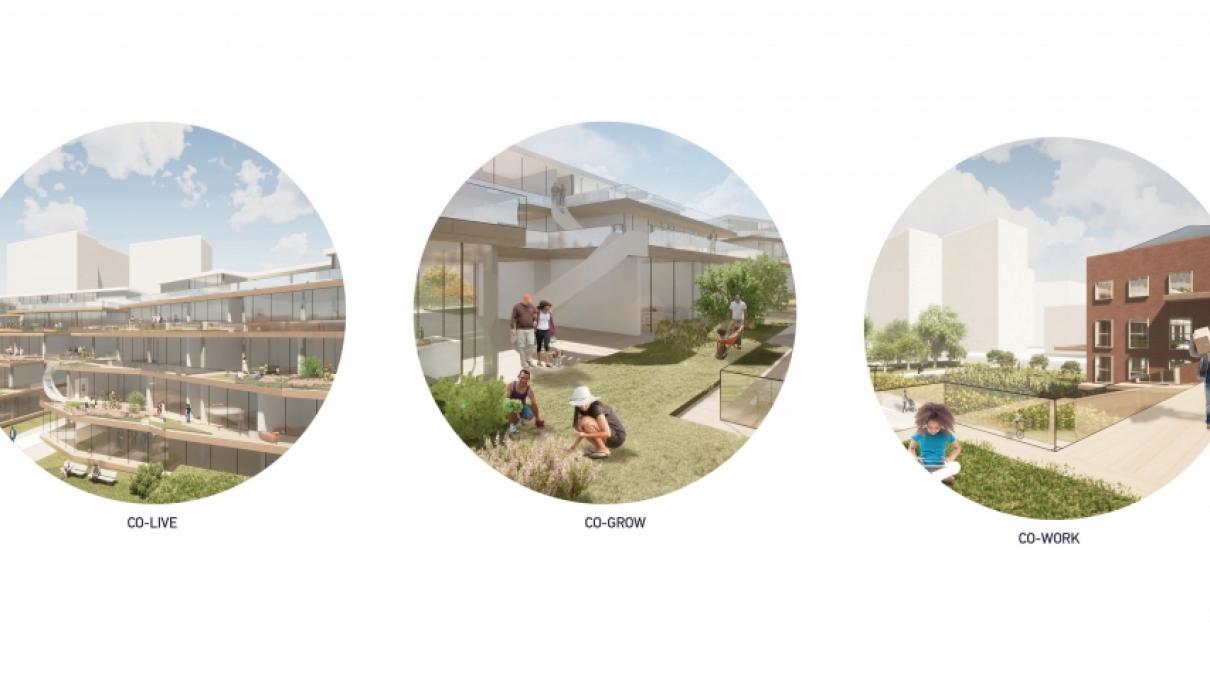The Power of Design and the Design of Power


Throughout its history, Urban Design (and allied design disciplines with a capital “D”) has been the practice of a privileged few. And as a manifestation of power, urban design has assisted in translating client(s’) desires to control the city through the shaping of objects and buildings, voids and landscapes, and infrastructural networks. Moreover, our accumulated urbanity parallels the constructions of cultural narratives and a supposed collective memory, reflected through what a society chooses to build and preserve, erase and destroy. Within the context of the American city, the protocols and processes through which cities are shaped, and their constituent urban elements and symbols, have served a world view of the parties in charge of the process, often not the majority of those affected by decisions. We acknowledge in this studio that Urban Design and its allied fields often fortify exclusivity over the process of city-making, despite wildly optimistic claims of participatory process—which still must be translated into physical form by “D”esigners.
This studio seeks to challenge both the inherent and historic inequalities and exclusions that Urban Design entails as a discipline by asking the most critical and broadest of questions, yet demanding that physical plans—novel and radical typologies of equity— be produced as the result of the process. Whether visionary and futuristic, or quickly implementable, we require that these new typologies challenge the way the city is designed. Focusing on the question of agency, and while acknowledging the growing role of communal participation, we do not necessarily propose to discard the role of any allied fields as professional agents in creating and negotiating solutions at the urban scale. Rather, with a belief in the unique value of the urban designer, this studio asks students to develop new equitable typologies for a site within metro Boston that disrupts the decision-making inequities that persist in making the same old built forms and typologies. Can a new set of urban design agendas and professional skills emerge from pushing for more equitable urban forms?
This was the focus of the fall 2020 joint urban design studio, supported by the MIT Norman B. Leventhal Center for Advanced Urbanism.
Read the full studio report here.


